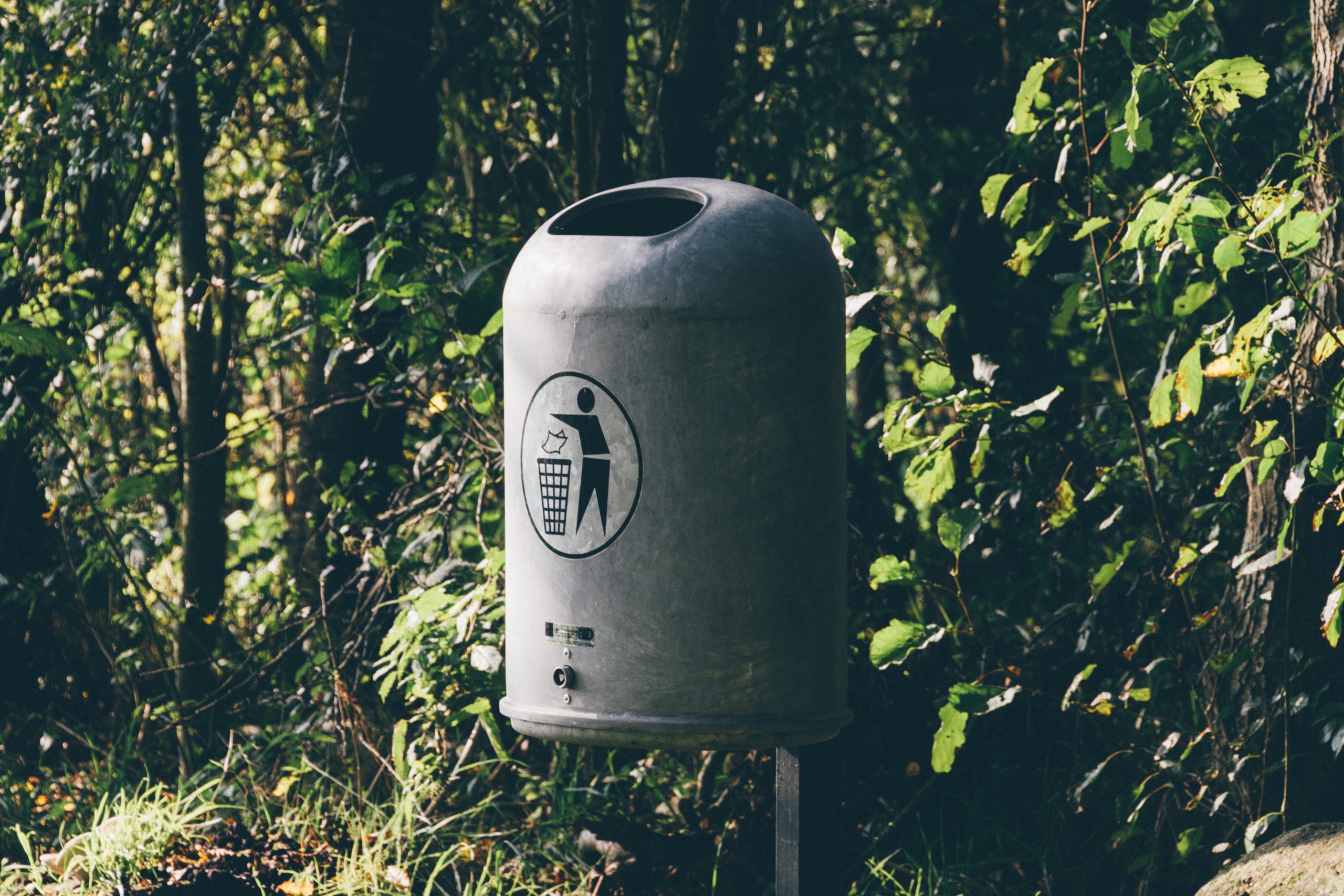One of the biggest problems I know that PhDs have when thinking about taking the leap into a new job, whether directly from academia or from an existing “real world” position, is:
- What if I’m not happy?
- What if it’s the wrong decision?
- What if I hate the work?
“The constant fears and the steady state of Imposter Syndrome can seem impossible to get past, because we don’t know what it actually takes to do a particular job, and to do it well.“
Even though many PhDs know that industry, government and other jobs are “less stable” (aka more temporary) than academia, we often still come at the job hunt with a mentality that this first job might be our last, so it has to be THE ONE.
This is a recipe for frustration, depression and delays in your professional development. Every person has different needs and desires for their first job out of academia, but sometimes we do take what we’re dealt, for now.
What’s important is to realize that even if we don’t win the hand (aka your first job sucks), we can still win the long-term game if we look at the big picture (your long-term career can still be fulfilling and rewarding).
How to look at the Big Picture of Employment:
- Onboarding
- Several weeks to 1 year. Remember how long it look for the new lab member to get up to speed on a new technique in the lab? And not just being able to perform it, but:
- know when they’re doing something right or wrong
- be able to troubleshoot and problem-solve independently
- be able to think ahead to anticipate currently unforeseen problems
- know how to order replacement reagents or equipment when things are running low
- know who to talk to when they had questions
- get creative when things went wrong or they faced situational limitations
- This is no different in the workforce – you not only have to learn new technical skills, but new processes, expectations, relationships and integrate into new networks. This takes time, especially if an organization doesn’t happen to have training or onboarding programs available for new hires.Onboarding in the “real world” is quite similar. The experience can be overwhelming, confusing, chaotic, and gives you opportunities to help build the organization. It can also be extremely organized, team-based and structured and expectations can be extremely defined. Your results will vary, but it’s not really all that different out here!
- Several weeks to 1 year. Remember how long it look for the new lab member to get up to speed on a new technique in the lab? And not just being able to perform it, but:
- Learning on the job
- Hopefully the entire time you are employed. This will vary person to person, but one of the ways you can evaluate if you should stay in a position – are you still growing, engaged and learning?
- Getting comfortable – getting in the stride
- 1-2 years. Depending on the kind of job, you may not see results of your work and efforts for months and months, rather like in science. For example, if you are operating within a commercial role, your impact may not be apparently until after a product launch at the end of the year; or after an important trade show three months from now, or after the next quarter’s financial numbers come in. You might be tracking a 10 year urban development project for a government agency. Don’t compare your professional timeline to others’, because they’re often not operating on the same temporal scale!
- Ramped Productivity
- Varies. Sometimes you can get elbow-deep in projects and start making a huge difference in your first week on the job. In other cases, it might take several years to become proficient or knowledgeable enough in the project, product, service or industry to be as impactful as you’d like to be.
- Plateau – may lead to promotion or switch to a new career opportunity
- Varies. This depends greatly on the stage of the company (as we discuss in the Ultimate Career Transformation for Scientists Course).
- Job Hunt (yep, for many reasons, many of us will be back on the job market within a few years)
- Varies! Some people being looking for a new job within 6 months in their next position – this isn’t ideal mainly unless this was truly a stepping stone position and you already learned everything that this place had to offer, or need to escape a toxic workplace situation. Past generations are used to staying in one role at one organization for 30-40 years. This is not the norm anymore in many modern industries.
- Rinse and Repeat!
The key here is that you will never really be at one stage for very long. If you are an ambitious person looking for career growth, you will move through this Big Picture of Employment cycle.
“You will always feel a bit like an imposter at each stage of employment, and so does everyone else. The big picture here is that there is no point in which you should always feel 100% ready for what you’re about to take on.”
If that was the case, you may likely get pretty bored, and move into a new place with new uncertainties and opportunities to be an “imposter”. Embrace the feeling of uncertainty, because it means you will be consistently intellectually challenged and stimulated to continue learning and growing as an individual.
Only under these kinds of circumstances can your career really take flight!
By Vay Cao, Ph.D.




